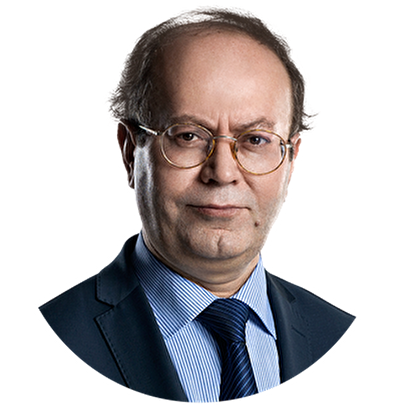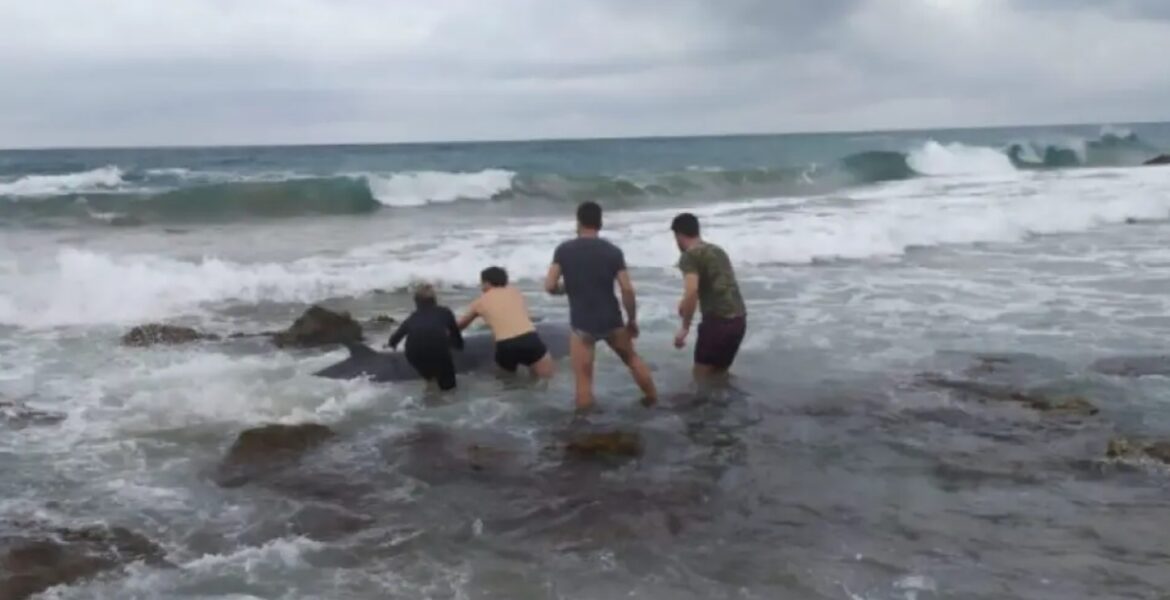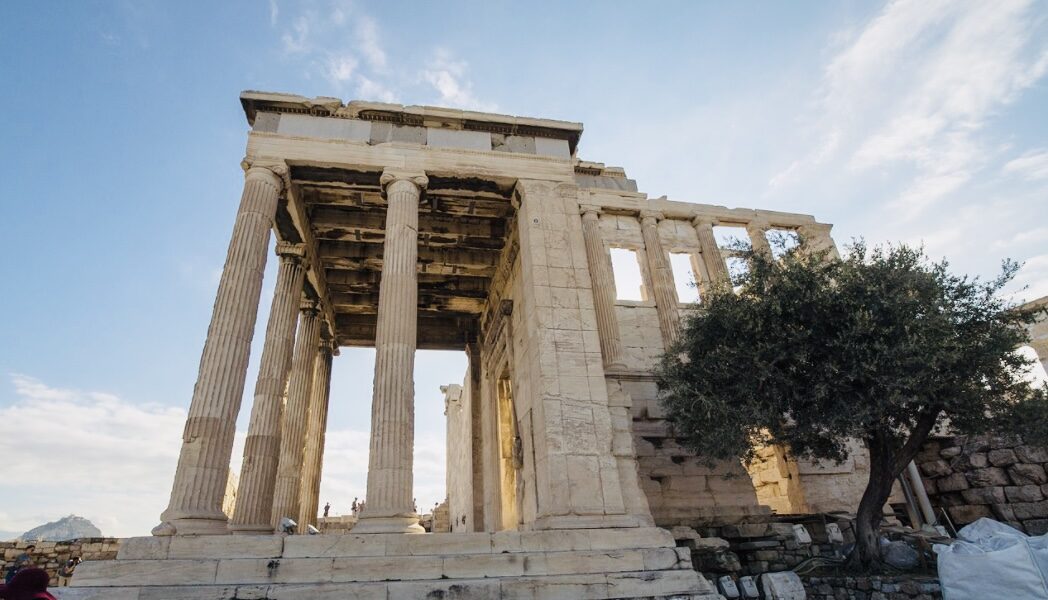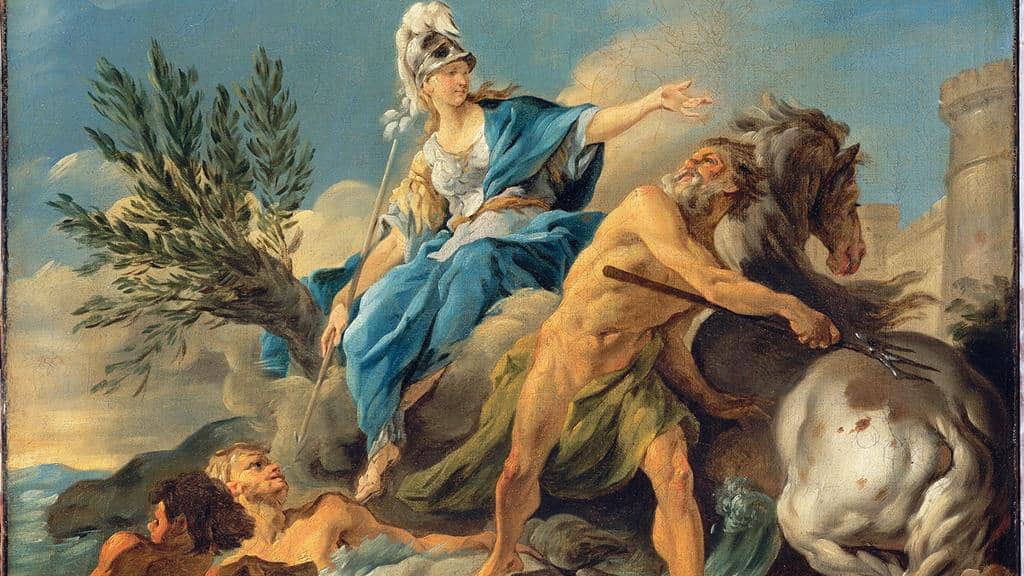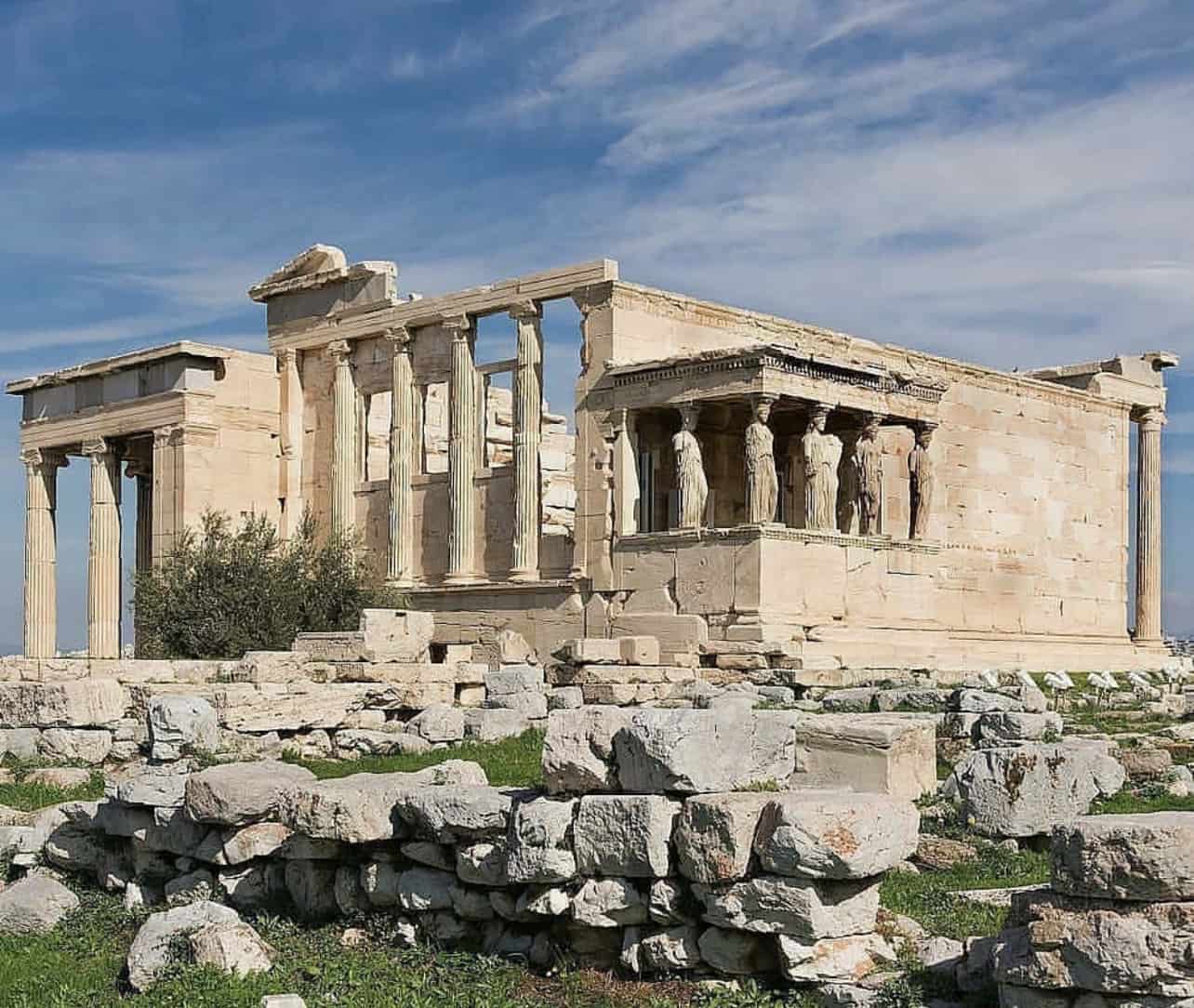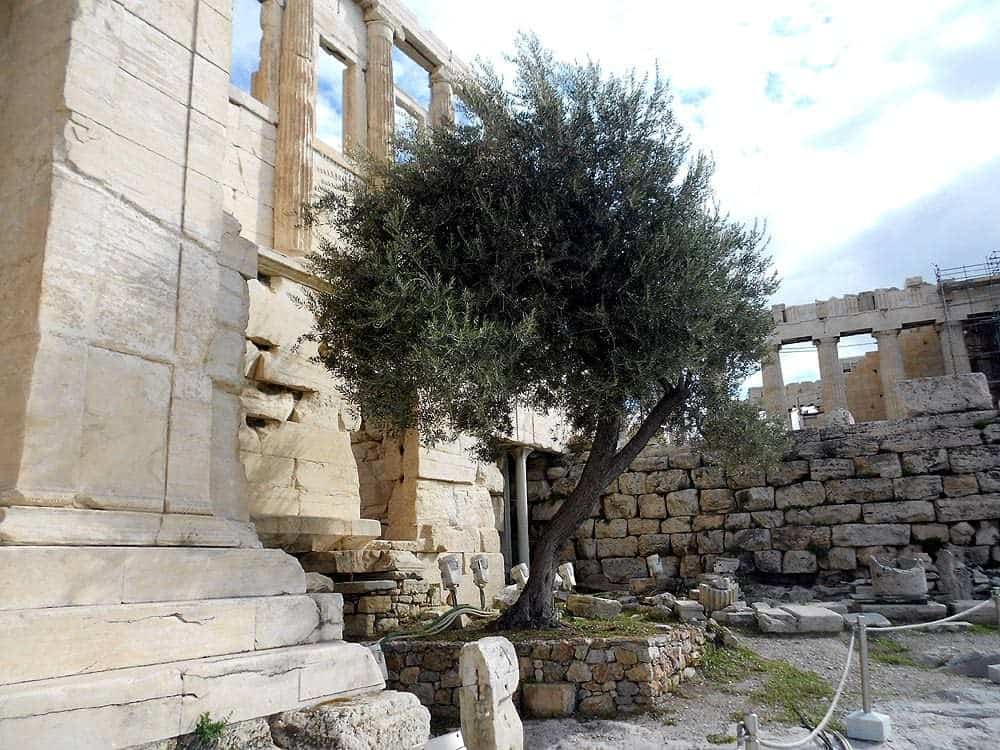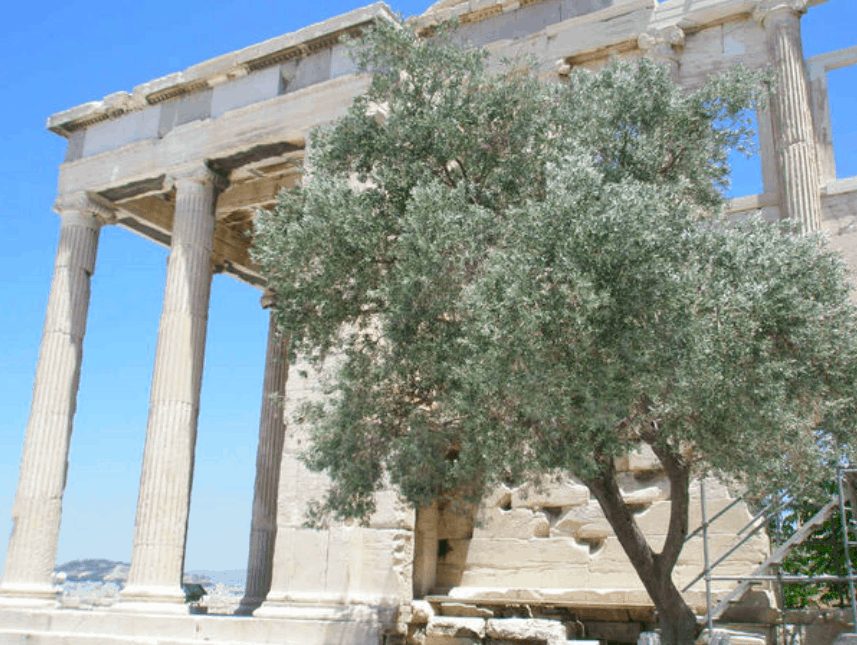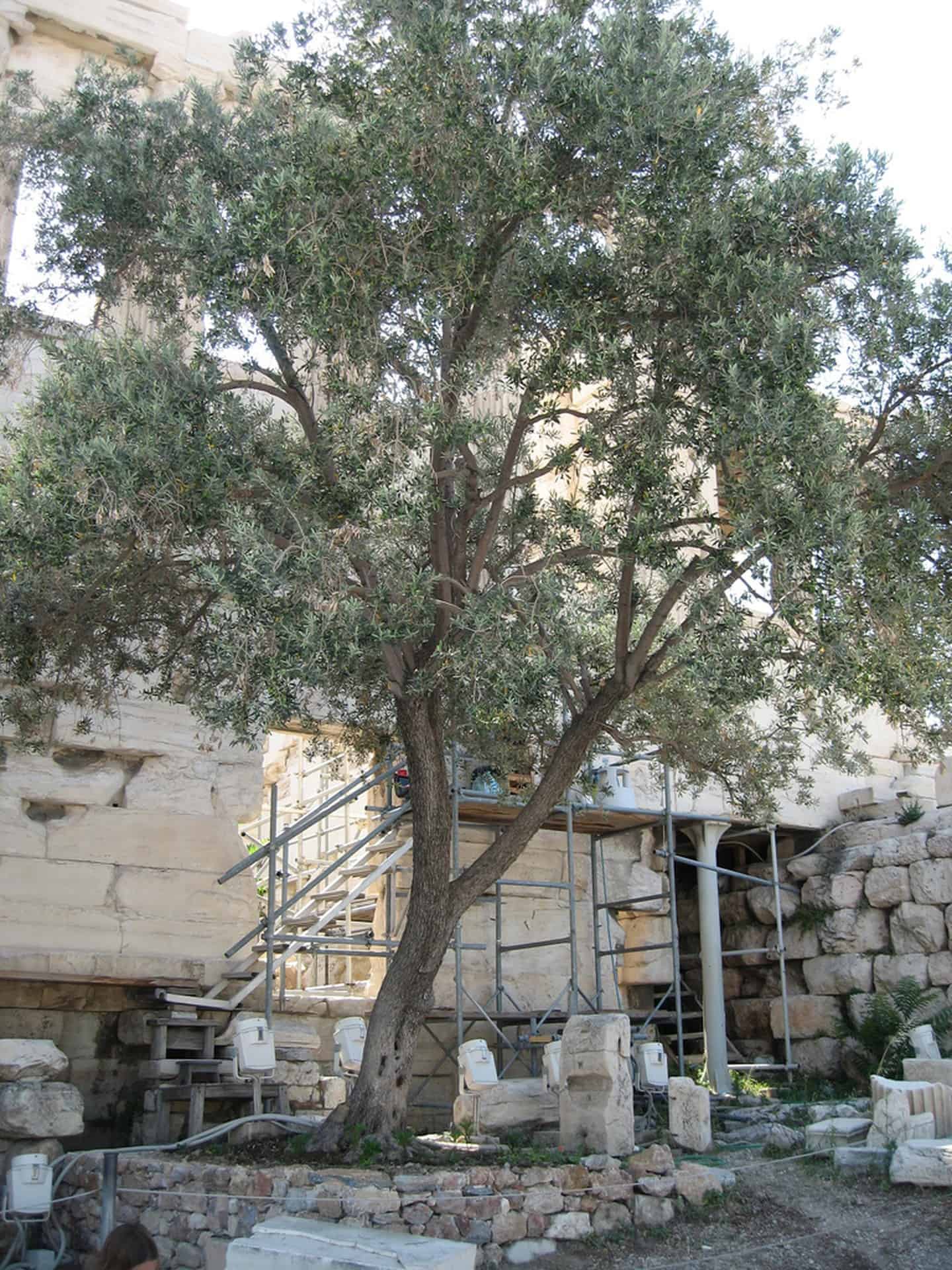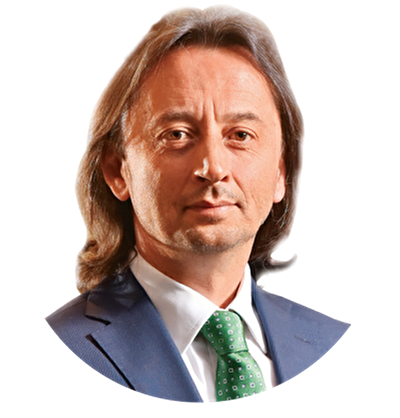
İbrahim Karagül
25 February 2022
1- Russia launched a full-scale invasion of Ukraine on Thursday, starting with the country’s east. The U.S. and Europe strutted around Ukraine for months, but have nothing to show for it. Ukraine was completely abandoned.
2- Russian leader Vladimir Putin’s launch of a military operation in Ukraine drove the U.S., Europe, and NATO into a terrible despondency. Unable to risk open conflict or putting forth a clear attitude, the U.S and Europe are attempting to show their colors through secondary means, and have no concern other than to protect their own reputation. This is their second great collapse after the fiasco that unfolded in Afghanistan, after the sudden U.S. withdrawal, after the people who put their trust in them crashed to the ground from the wings of aircraft.
The ‘Age of Madness’ starts now
3- Putin has kick-started the “Age of Madness.” He completely shattered the global realities that had become ambiguous and senseless after the Cold War. He openly declared the war, and the showdown methods of the future. This ended the West’s hypocrisy. Putin has threatened the world, but he also declared the world’s newest order.
4- The issue is not Ukraine alone. It is not limited to the country’s east, to Russian-Ukrainian demographics, or political and security issues. It was revealed, beyond the invasion of a country, that clashes between blocs, between powers, would now be conducted openly.
Empires will return
5- Empires are making a comeback. Those with an imperial history are transferring their claims to the present and to the future. A new era has begun for Russian expansionism. A new era is starting for Europe’s defense. The floodgates have been opened for the first time since World War II. It is not difficult to estimate which country will be submerged in water.
6- Russia is aware of its shortcomings. It is trying to cover these through nationalism and expansionism, to deter through threatening discourse, and push the threats directed towards it beyond its borders. Russia will risk going to war for this sake. It will act in accordance with the West and the world order’s weaknesses, and push countries to make mistakes. If it does not do this, that threat will come knocking on Russia’s borders. This means a second division for Russia. Putin is trying to repel, alleviate and thwart any threats against his country by threatening his region and the entire world.
Why did Putin threaten his allies?
7- Putin’s invasion speech was a threat to his friends as much as his foes. He made a big mistake by revealing that this op could threaten his allies. From this moment onward, East European countries, and most of all, Central Asian Turkic Republics will know that they are being threatened. Putin really will turn to other countries, to these countries, after he’s done with Ukraine.
8- Putin’s said speech is a threat to Turkey as well. The statement, “We were the ones who protected the coasts of the Black Sea in the 18th century from the Turks,” is a declaration of his intentions. It is the declaration of a political identity. It is a very dangerous statement in terms of Turkey-Russia relations, their alliance, and partnership in many fields.
Europe’s defense in shambles
9- The U.S. and Europe are in dire straits. They are withdrawing within themselves. They are no longer aiming for global hegemony and expansionism, but have shifted to defense mode. They are striving to preserve their presence. They are trying to restrain, to stop China in the Pacific. This is why they withdrew from Central Asia and turned from the Middle East to the Pacific.
10- This is the first time since World War II that Europe is facing difficulties in defense. Will Europe entrust its defense to the U.S. again—right when it’s trying to end its dependency on the States? If Europe takes shelter in the U.S. again, the European Union project will completely collapse. It will have no significance. Yet, if they do not take shelter in the U.S., the U.K., and all of Europe in general, will be driven to a new defense panic.
Europe can’t risk open war
11- The West’s rising period is long over. Its stagnation period has begun. Will it now start regressing? Global-scale, unilateral attempts to redesign the world no longer have any effect. A map of powers developed outside the West, and despite the West. They tried to prevent this but failed miserably.
12- This Russian venture will further accelerate the West’s regression. It will further increase its helplessness. No European country will risk open war during such a period. Nor will the U.S. Economic embargoes are now impacting Western economies.
13- Rather than engaging in an overt war with Russia, the U.S. and Europe are planning to form fronts on the Russian border, and occupy Russia for a long period, and thus exhaust it. They want to sustain a conflict that will wear out Russia. However, it is clear that this will not present a solution.
Ukraine crisis was provoked by the U.S., U.K., as much as by Russia
14- Strangely, the Ukraine crisis was escalated by the U.S. and U.K., as much as it was by Russia. Germany and central Europe were not eager to get involved. The U.S. and the U.K. provoked Putin to attack Ukraine. They made statements one after the other, driving him to indignation. The U.K. tried to sustain its conflict with Russia in the Baltic region to the Black Sea, to the south. In fact, it partially succeeded too.
15- All the wars in the world in the last three decades took place in the Middle East (with Afghanistan as an exception). All internal conflicts were exacerbated in this region. Ethnic and sectarian conflicts were instigated in these regions. Invasion and occupation campaigns under the name of “anti-terrorism” were all conducted here.
Which countries will be driven to war on the northern-southern front?
16- This is the first time that wars are shifting to the north. It is shifting toward Europe’s borders for the first time. Those who once used to say, “Islam’s bloody borders” could now face their own borders drenched in blood. The Ukraine crisis developed a new situation, which is turning all the countries along the northern-southern line, from the Baltics to the Aegean, into a conflict zone. All countries along that line, from Poland to Greece, will suffer its consequences. Neither Russia, nor Europe will ever clash directly. They will sustain their conflict through these countries.
Turkey normalizing relations with the Middle East
17- This situation has given the Middle East breathing room—at least for a while. Turkey normalizing its relations with the Middle East—with the United Arab Emirates (UAE), Saudi Arabia, Israel, and almost all countries in the region, is extremely significant. This will at least prevent new areas of conflict in the region. Regional countries need to be vigilant to prevent the U.S., Europe, or Russia from exporting a new war, a new conflict to the region.
The Black Sea War: the West wants a Turkey-Russia war
18- The Ukraine crisis will turn the Black Sea into a battleground. In a sense, it is a Black Sea crisis. If Russia attempts a full-scale invasion, the U.S. and NATO will focus on the Black Sea; and if it tries to crush Russia here, it will turn into a Black Sea war. That is when Turkey will start experiencing crises—similar to those it has been fighting for decades in the south—in the Black Sea as well.
19- This outcome is unacceptable for Turkey. The U.S. settling in the Black Sea, escalating the crisis here, will eventually ripen the conditions for a Turkey-Russia war. That is when the U.S. and Europe will achieve maximum results. It will have struck a blow to Russia through Turkey, and Turkey through Russia, ensuring Europe’s security for a lengthy period. As a result, the method the West always resorts to will pay off again. They tried attempted to stoke this war through Syria and failed. This time they will try it with Ukraine.
Turkey will never trust the West
20- Turkey has never trusted the West. Turkey knows that, despite being a NATO member, the U.S., Europe, and NATO are the origin of all the threats it has defined so far. It knows very well that these countries abandoned it in every field. Turkey knows that they established a terror army against it in northern Syria. It only recently overcame an internal attack like the 2016 coup attempt, which was also a U.S., Europe and NATO operation. Turkey will not fall into this trap unless there are very strong grounds to do so.
Turkey is not a front country. It will make plans accordingly
21- As Turkey carries on its “normalization with the Middle East,” as it continues an impactful and in-depth plan within Africa, as it implements its most effective Central Asia strategy since the fall of the Soviets, and as it consolidates a strong power leap through all these efforts, it must never allow the U.S. and U.K.’s Black Sea war to come to pass. It must not allow its partnerships with the West to proceed solely in line with Western interests, and against Turkey. Otherwise, this will cause serious instability in Turkey, and pave the way for long-term crises.
22- Turkey is no longer a front country. Despite all the political preparations within to ensure this, it will never again be a front country. Turkey is a new power domain, and this power domain is much vaster than estimated. Therefore, negotiations with Russia, with the U.S., and Europe will all be in accordance with this new state.
Another great war could begin
23- Turkey will not be the assassin of the U.S. and Europe, nor will it surrender to Russian expansionism. It will defend Ukraine’s integrity, uphold its views regarding Crimea, and present its own stance in the Caucasus and Central Asia. Turkey will not blindly take sides in the conflict between the U.S. and Russia. It will make its own plans, and determine its own position.
Putin’s statements on Ukraine and Russia’s invasion of the country revealed that he has similar intentions regarding Central Asian Turkic Republics. He additionally revealed that he does not consider long-term relations or normalization with Turkey.
The present situation could lead to another world war. It should not be taken lightly. An extremely dangerous, fatal period has started. We need to look beyond Ukraine. Great shocks are in store on geopolitical fault lines. This may suddenly drive dozens of countries to war.

